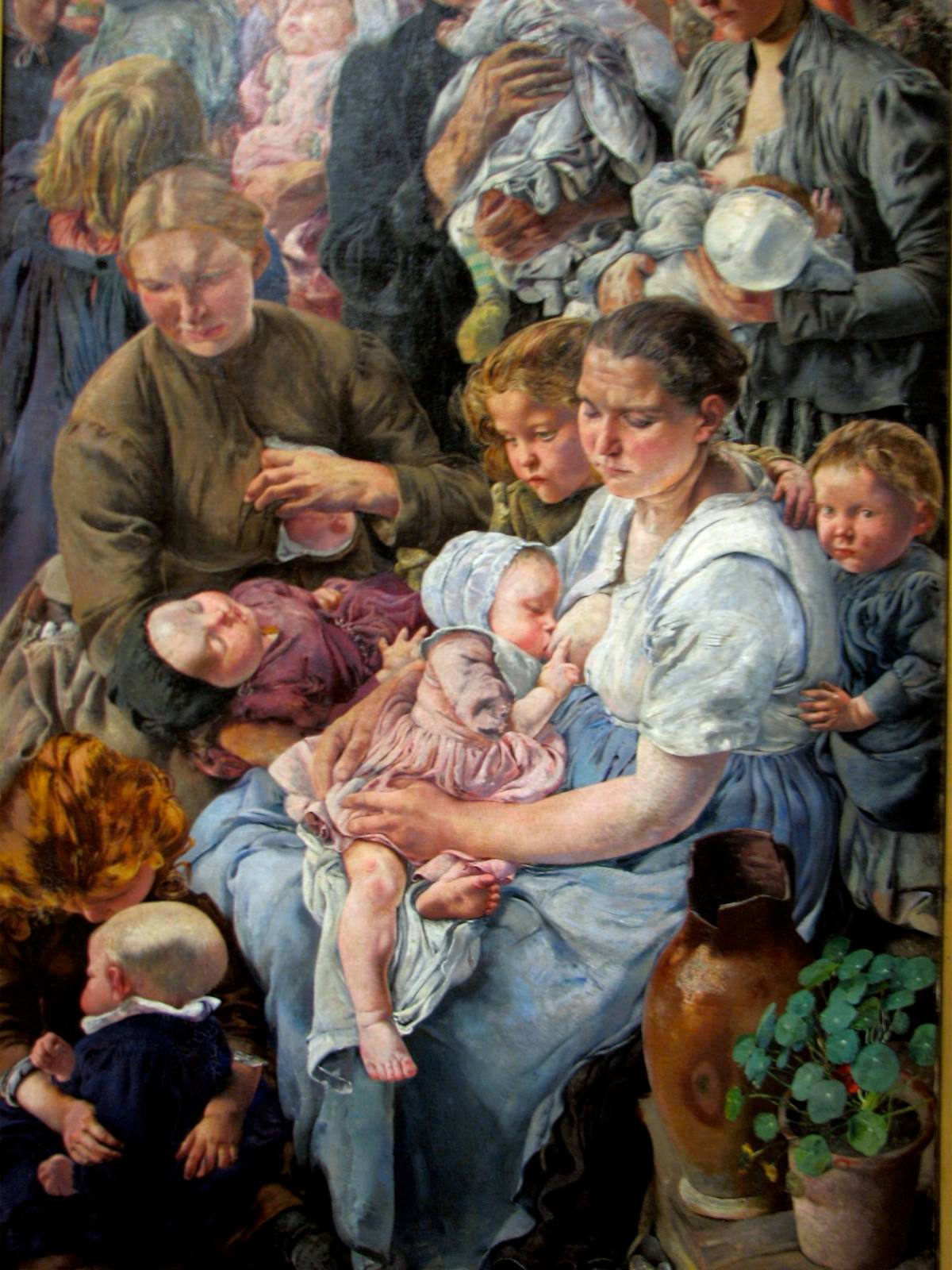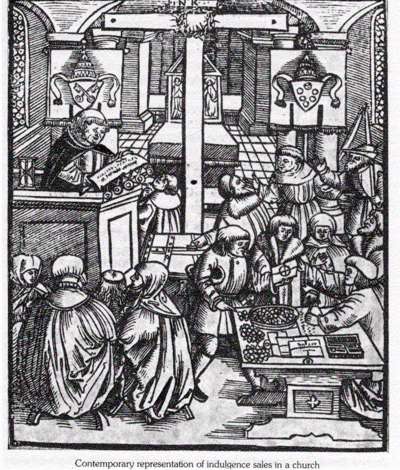Nancy Folbre, Greed, Lust & Gender: A History of Economic Ideas.
Introduction to the story of greed.
This is the basic story we tell our children
"our ancestors didn't care very much about making money."
"R. H. Tawney warned that unbridled pursuit of self-interest would lead to moral bankruptcy. Tawney's contemporary, the English historian Alice Clark believed that the growth of individualism had adverse effects on wives and mothers because it weakened recognition of work that was not conducted for individual gain."
p. 2.
Clearing the road to damnation
"Alice Clark was among the first of many to describe the growth of wage employment as a wedge driven between the production of things and the reproduction of people. Joseph Schumpeter, an historian of economic ideas, warned that the transition to capitalism would undermine family life."
p. 4.
Western Europe enjoyed Geographical advantages
"Sustained levels of high fertility in Europe contributed to a slow but persistent population growth. . . "
p. 6.
The Growth of Markets
"Cracks and weaknesses in the feudal system allowed labor markets to gradually expand . . . in turn, reduced both feudal and patriarchal privilege."
p. 7.
"The growth of trade required growth of credit. Even Catholic rules began to be interpreted with greater latitude."
p. 12.
"The regulation of markets often requires regulation of self-interest. . . . we need to reject the view that markets automatically either represent progress or decline, sin or salvation. Their effects cannot be disembedded from the social institutions that create the environment in which they operate. Markets require not merely the rule of law and regulation of the state, but also the economic infrastructure of families and communities."
p. 13.

Leon Frederic, The Ages of the Worker, triptych, 1895-97, Musee d'Orsay.
"The Quakers became explicit advocates of women's rights to education. On the whole, however, Protestantism had more favorable consequences for commerce than for women."
p. 13.
"Of all the inventions put to metaphor in early political economy,![]() none seems more appropriate than the clock. It was a major technological accomplishment of the pre-industrial era. Once designed and set in motion, a clock operates in an orderly way under its own power, much as we would like societies to behave."
none seems more appropriate than the clock. It was a major technological accomplishment of the pre-industrial era. Once designed and set in motion, a clock operates in an orderly way under its own power, much as we would like societies to behave."
p. 18.
 Backgrounds
Backgrounds
Nancy Folbre is a professor of economics who has challenged the acceptable place in economic theory of self-interest, mutual aid, markets, work, sexuality, the pleasure principle, and separate roles of men and women. When does self-interest become selfishness and does that rely on your being male or female? Should the description of people's behavioral characteristics depend so heavily on their gender?
"A successful businessman could point to commercial success as evidence of his own virtue. A wife could point to her family's success, but no her own."
p. 13


